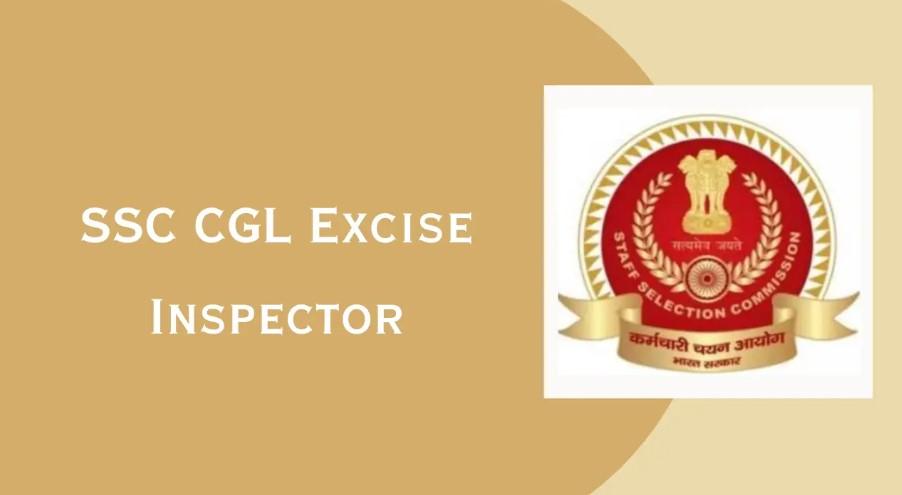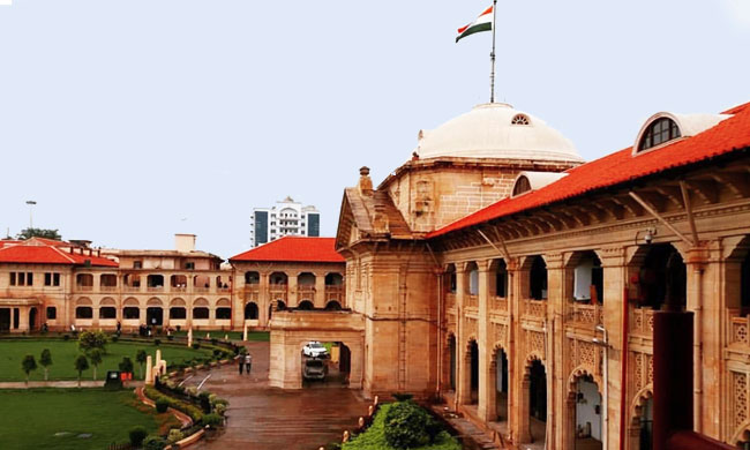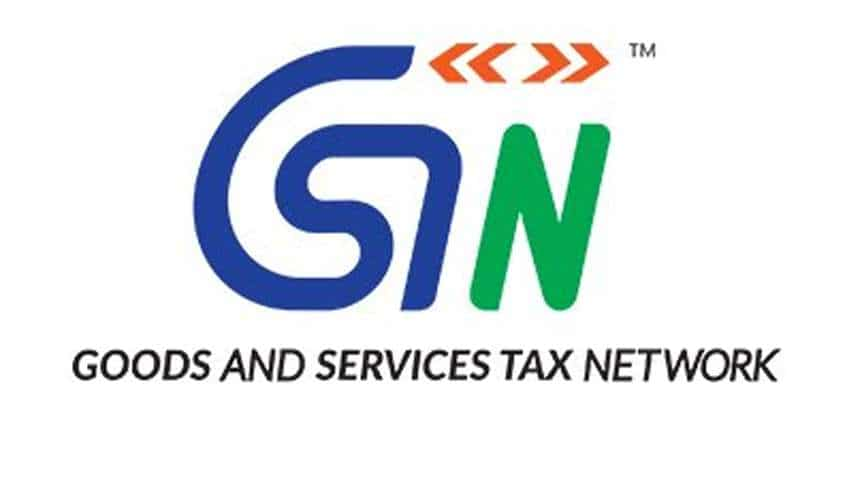Budget 2023: The hospitality industry has undergone a lot of turmoil over the last two years due to the Covid-19 pandemic. However, it has gradually managed to bounce back due to resumed travel and bookings. To get back to normal and regain a stable footing, the hospitality and travel industries have been hoping for continuous support from the government.
GST on hotel rooms:
The hospitality industry is not too happy about the high Goods and Service (GST) tax put on hotel rooms as it has gained little government support during the tiring times. Highlighting the same, Paritosh Ladhani, Joint Managing Director, Taj Hotel & Convention Centre Agra, explains that India’s hospitality sector is among the highest employment-generating ones. He says, “Still, we face a severe indirect tax regime. The industry can generate more demand, provide more employment and garner more revenue if charged only 12 per cent uniform GST across every room category. However, it would be a great start but still not enough to make us universally competitive. Gradually, GST should be brought down further, below 10 per cent with full set-offs in line with global trends.”
As the hospitality sector is aiming at a good start and bookings, it is anticipating a positive Budget for 2023-2024 to fast-track the growth momentum of the industry.
Free e-visas for international tourists:
The year 2023 is extremely important for India’s tourism and hospitality sector as we expect to witness strong growth after the pandemic-induced slowdown. Talking about the same, Asif Fazlani, Managing Director, Fazlani Natures Nest says, “I expect that the government will announce a free e-visa scheme for five lakh international tourists similar to what has been done in the past too. It will help us to promote our property in key overseas source markets.” Wellness has emerged as a key travel vertical. India being the land of Ayurveda and Yoga needs a dedicated strategy for wellness tourism. “I hope that the government announces some marketing plans dedicated to promoting wellness tourism in the Union Budget. The government should also consider policy changes that help hospitality players to avail of cheaper loans and have a larger or longer moratorium period for the sector to thrive and help create employment opportunities,” he adds.
A Central single-window clearance for hotel projects:
Agreeing with Paritosh Ladhani, Kush Kapoor, CEO, of Roseate Hotels & Resorts explains how a full-blown infrastructure status for the hotel sector and further rationalisation of the Goods and Services Tax (GST) and a Central single window clearance for hotel projects are some of the major expectations from the Budget 2023. He explains, “The GST Council in 2019 green-lighted reduction in the rates on the hotel tariffs. The rooms with a tariff of Rs 7,500 and above attract a GST of 18 per cent instead of 28 per cent. The rooms with tariffs between Rs 1,001 and Rs 7, 500 are taxed at 12 per cent. An 18 per cent GST is still high in this competitive scenario, it would have been better if it was revised to 12 per cent for the rooms with a tariff of Rs 7,500 and above.”
The industry has been clamouring for infrastructure status for decades. The status will enable hotel projects to have easy access to cheaper debt that is at par with projects in other industries. “A reduced capital cost will have a bearing on both the timely completion of projects and their overall financial health.
Reduce licenses required to establish a centralised approval system:
He adds, “In a bid to fast-track investments, it is recommended to reduce the total number of licenses required to establish a centralised approval system for most common approvals, licenses & permits on an E- approvals basis. These should be granted within a pre-defined time frame or deemed to be approved.”
Policies to incentivise new hotel openings in remote regions:
Sarbendra Sarkar, Founder & MD, Cygnett Hotels & Resorts adds, “I think if the pandemic situation remains under control, 2023 is going to be a fruitful year for the tourism and hospitality segments of the country. I expect that the Union Budget 2023-2024 will introduce policies that will incentivise new hotel openings, especially in remote regions like North East India. I also expect a new tourism policy to be announced in the Union Budget. The policy has been much delayed and it is the right time to introduce it especially for reviving the inbound tourism market. The government should also promote the usage of renewable energy resources in the hospitality sector as India has committed to achieving net-zero emissions by 2070.”
Long-term loans:
The work that the government has taken in infrastructure terms, especially in road connectivity is exemplary. This will help to further boost weekend travel and domestic tourism overall. He tells, “Considering that there is a huge gestation period for new hospitality projects which means that for building a hotel it takes around 3-4 years, I expect the Union Budget to announce long-term loans for the sector and give hospitality industry the industry status.”
Budget for education:
Manish Goyal, Founder, Stotrak Hospitality has a different perspective. He tells, “In the past few years the number seats in hotel management colleges are getting lesser occupied which will result in reduced qualified human resources for the industry in coming years, this needs to be put on high alert so that the necessary education institutes be offered subsidies and incentives which shall encourage them to take steps to prep up the system which could be more beneficial for the students and teachers.”
Mandatory insurance for domestic travel
There is also a need to put mandatory travel insurance in place for domestic travel, this will give more confidence to the travellers, which shall strengthen the domestic tourism industry.














